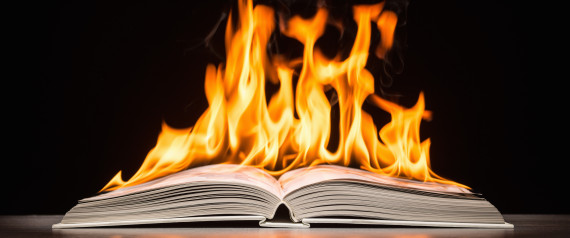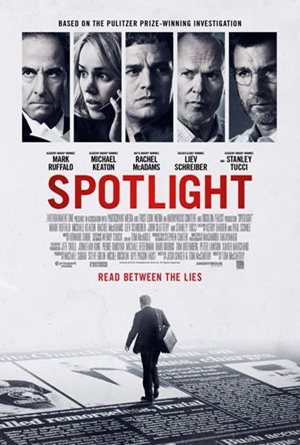This piece was originally published in The Huffington Post on 4 March 2016.

March 2, 2016.
The day when Australia’s first openly gay member of the House of Representatives, Trent Zimmerman, uses his maiden speech to back the legalisation of same-sex marriage and target those who ‘peddle prejudice’ against others.
The day when a Catholic school in Sydney tells young-adult author Will Kostakis that his speaking visit is no longer ‘appropriate’ after reading on his blog last week that he came out as gay.
And the same day when Australia’s most senior Catholic Cardinal George Pell continues to give evidence to the Royal Commission into Institutional Responses to Child Sexual Abuse.
Is it just me who finds this timing ironic?
More staggeringly, it was only this past week that Spotlight, a film about Boston journalists investigating cases of widespread and systemic child sexual abuse by Catholic priests, won Best Picture at the 88th Academy Awards.

It was Kostakis’s news that impacted me the most. Not because I’m gay (I’m not), and not because I’m a Greek-Australian (I am). It’s because I’m a writer who doesn’t want to believe that contemporary Australia is one step away from building a pile of books, dousing them in petrol, and striking a match.
If that was the case, you could add the Hansard from March 2, 2016 in which MP Zimmerman’s speech would appear.
Now I might not be gay, but I have many gay friends, and have also written about gay characters. The protagonist in my novel is a gay man in an isolated outback town. On submitting the manuscript to London literary agents, I was quickly offered three contracts of representation. My story, and my character, had struck a chord.
In researching my novel, I visited a gay sex club located in an industrial estate. A significant scene was to take place there, amid the darkened corners and sweaty bodies, so I felt it only prudent that I go right in and experience it myself. At least, as much as I could.
I mean, how else could I write about it? I was the Robert De Niro of the literary world. I needed to live every chapter.
Of course, plenty of writers have done the same thing. For his 2005 novel Saturday, Ian McEwan followed a neurosurgeon around London for a year. Hunter S. Thompson lived with the notorious Hells Angels motorcycle club for a year in 1965, learning their unique subculture and immersing himself in their lifestyle. The subsequent novel launched his writing career.

The chapter I wrote didn’t make it into the final draft of my novel, ending up on the cutting room floor. But I was richer for the experience, and my words did not go to waste, being published as a stand-alone piece in 3:AM Magazine, a prestigious literary magazine edited from Paris. This was after numerous rejections to publish the piece in Australia.
Since I published my piece, I became a dad. And not long after my son was born, a friend joked to me that I ‘might have some explaining to do’ should my son ever type his dad’s name into a search engine and stumble across the link.
Although my friend’s response was not unexpected, it was strange. I was left wondering whether he would’ve said the same thing if I’d written about a man with a mistress.

Young adult author Will Kostakis. Photo: Nic Walker
Kostakis’s response to the Catholic school, which is also posted on his blog, was right on the money. He should be applauded. I hope he is now inundated with schools requesting he visit and discuss his latest novel The Sidekicks, which includes a gay character.
Of course, that’s what art does. It tilts the world at an unfamiliar angle and shakes it up as we look at it, then reforms it anew. It reminds us that we’re all connected, and never lonely. Books like The Sidekicks and films like Spotlight. And, who knows, maybe one day my novel as well.
I hope there are more people like Kostakis and Zimmerman around when my son is old enough to comprehend their message. I am certain there will be.
So my real hope is that their voices will, by then, no longer be deemed as newsworthy. That they won’t have to say what they’re currently saying.
Instead, they’re just ordinary voices, of ordinary people, who live among us, write among us, marry among us, and are just like everyone else, in modern Australia. Nothing to see here. Carry on.
And when my son asks me questions – about the Kostakises and Zimmermans of the world, and this odd link to a Parisian literary magazine – his dad will reluctantly explain, and he’s left shaking his head and wondering what the hell all the fuss was about.
